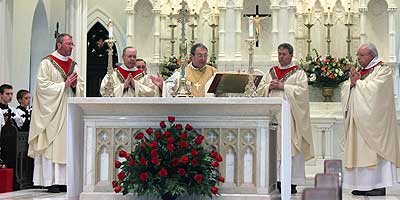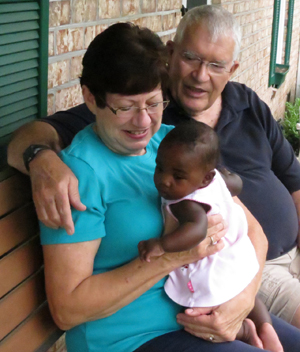
COLUMBIA – A bill that would outlaw most abortions in South Carolina passed the South Carolina Senate on Thursday, Jan. 28.
Nicknamed the “Heartbeat Bill,” H. 3020 would make it illegal for abortions to be performed in South Carolina after a fetal heartbeat is detected, which usually occurs between the fifth and eighth week of pregnancy.
The bill includes exceptions for rape, incest, fetal anomaly, and to save the life of the mother. .
The bill made it through the state Senate on Jan. 28 by a vote of 30-13. The bill is now headed to the House, where it is considered likely to pass.
The Diocese of Charleston released the following statement in support of the decision on Thursday afternoon:
“The Roman Catholic Diocese of Charleston fully supports legal protection for unborn children, so we are extremely pleased that the South Carolina Senate, in a bipartisan effort, passed the third reading of the South Carolina Heartbeat Bill.
“The bill seeks to accomplish two main goals. First, it provides a pre-born child protection from an abortion once a heartbeat is detected. This would prevent nearly all abortions in the Palmetto State since the heartbeat can be detected around the eighth week of pregnancy. The second goal of the gill is to require that doctors check for the heartbeat of the child so that when a heartbeat is detected, the child immediately receives full protection under the law.”
Similar bills have passed in more than a dozen states, including Georgia, Kentucky, Ohio and Mississippi. However, all of those bills have been blocked by the courts.
The proposed legislation would significantly reduce the number of abortions performed in South Carolina. According to 2017 statistics compiled by the Department of Health and Environmental Control, two-thirds of the state’s abortions were performed after six weeks.
Gov. Henry McMaster has indicated he would sign the bill if lawmakers pass it.
Pro-life voters are encouraged to contact their state representative to express their support for the bill. Find your state legislator here.



